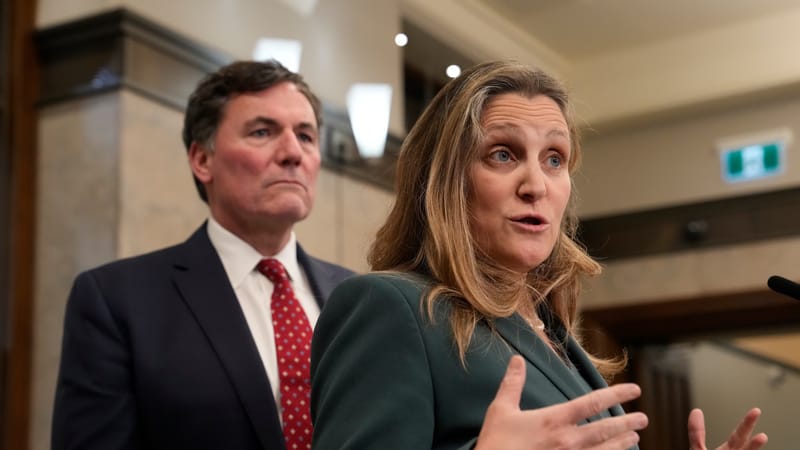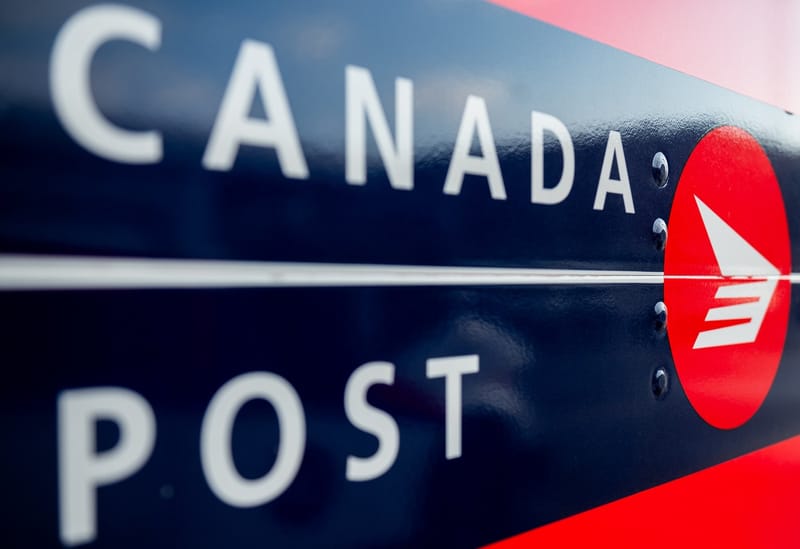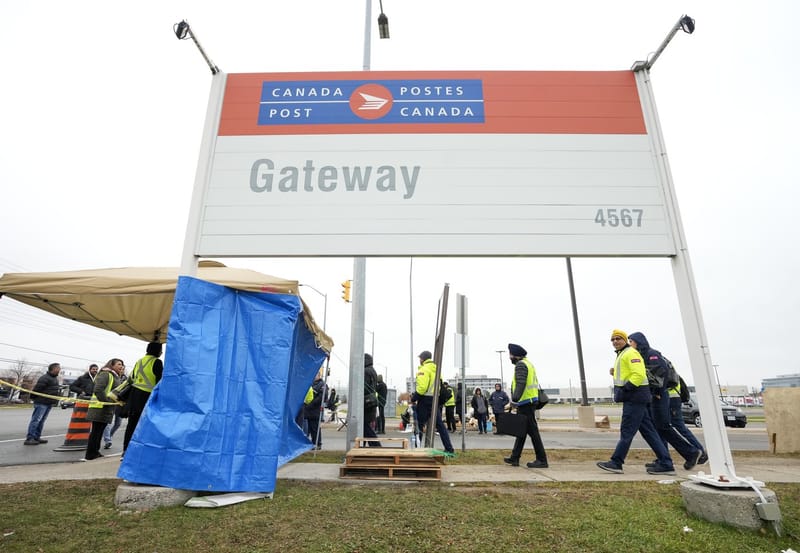Trudeau Announces Cutback on Temporary Foreign Workers, Hints at Further Immigration Reforms
"We're ensuring that the entire approach aligns with the needs of Canadians and our economy," Trudeau said. "We’ll review unemployment rates and consider further adjustments this fall to create a comprehensive plan that addresses current and future realities."

Prime Minister Justin Trudeau announced on Monday that the federal government will cut back on the number of temporary foreign workers (TFWs) in Canada. This move comes in response to a historic increase in TFWs, which some experts say has contributed to higher unemployment rates among immigrants and young people.
The government had previously relaxed restrictions to address a severe post-COVID labor shortage, leading to a rise in low-wage temporary workers. Trudeau stated that employers in regions with high unemployment—areas where the jobless rate is 6% or higher—will no longer be permitted to hire low-wage TFWs, with some exceptions for sectors crucial to "food security" such as agriculture, food and fish processing, construction, and health care where staffing shortages persist.
Additionally, the government will impose a cap limiting employers to hiring no more than 10% of their workforce through the TFW program. Low-wage TFWs will also face a reduction in contract length, from two years to one year.
When asked by CBC News about potential broader changes to the immigration system, given that the Bank of Canada has reported an unemployment rate of 11.6% among "newcomers" compared to the overall rate of about 6%, Trudeau indicated that the government will review immigration levels this fall.
Trudeau also suggested that reducing the number of permanent residents could be a topic for discussion at this week's cabinet retreat. According to the current immigration plan, Canada is expected to admit around 485,000 permanent residents in 2024, with that number rising to 500,000 in both 2025 and 2026.
"We're ensuring that the entire approach aligns with the needs of Canadians and our economy," Trudeau said. "We’ll review unemployment rates and consider further adjustments this fall to create a comprehensive plan that addresses current and future realities."
He emphasized that immigration must be managed effectively to ensure Canada remains welcoming and supportive while also integrating newcomers successfully.





